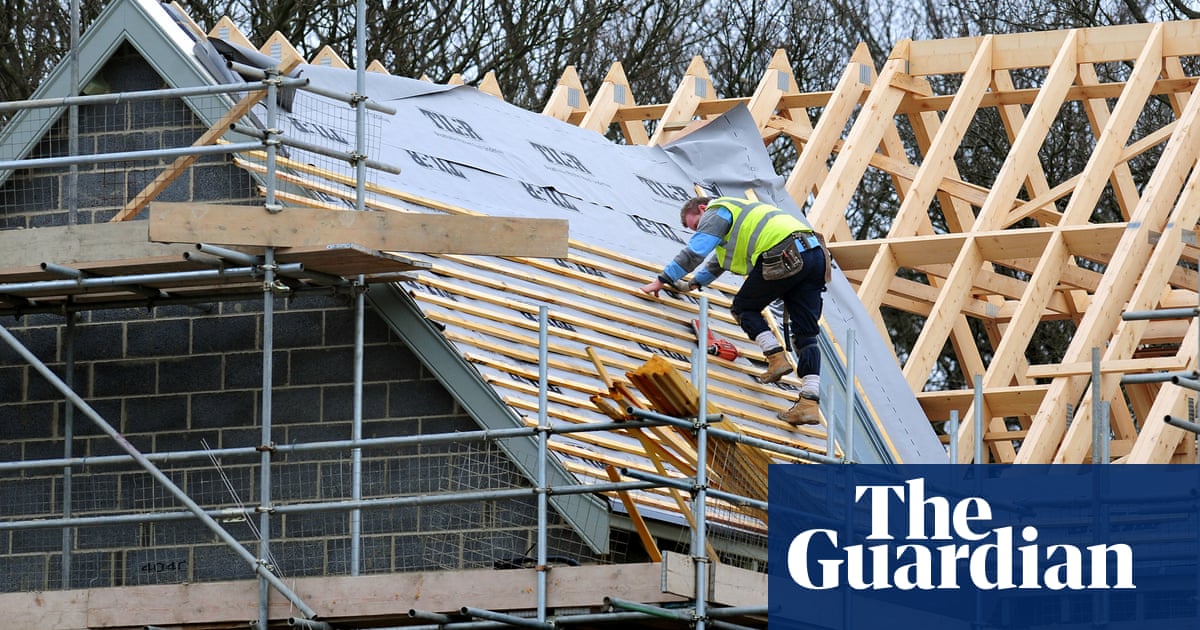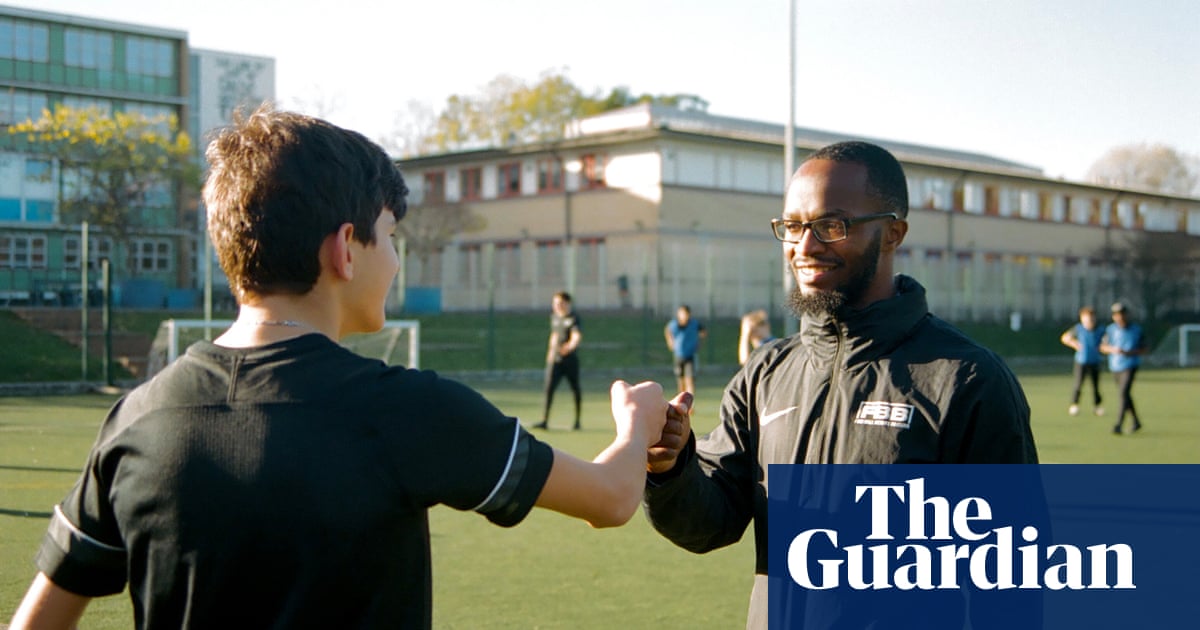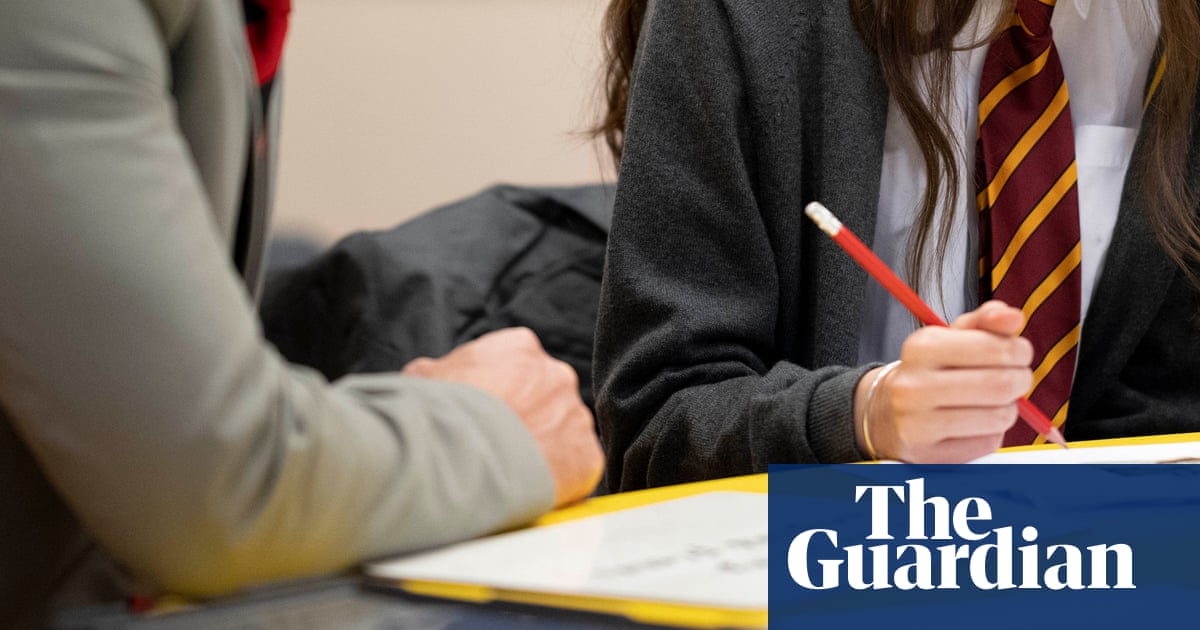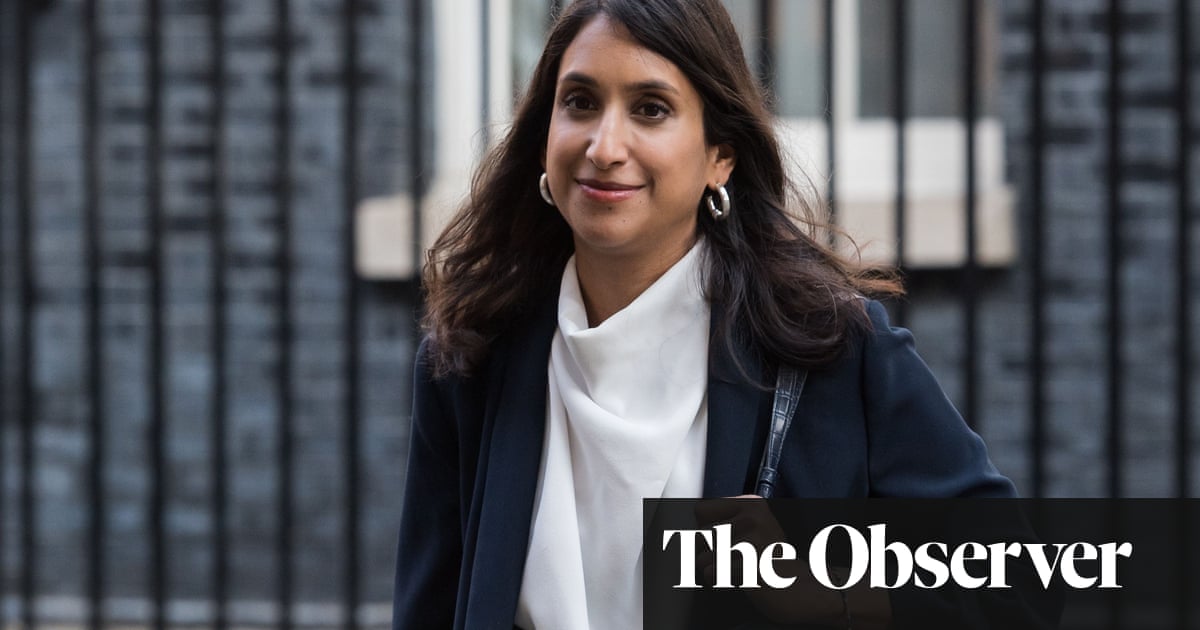
Hundreds of thousands of pupils will no longer have to automatically isolate after contact with a positive Covid case when schools return in September in England, ministers are expected to announce.
A quarter of a million children missed school in a single week because of coronavirus infections, self-isolation or school closures this month – the most disrupted week since schools fully reopened across the country in March.
It came as the new health secretary, Sajid Javid, said most Covid restrictions in England “must come to an end” on 19 July.
Addressing MPs as the UK recorded 22,868 daily Covid cases – the highest since the end of January – and three deaths, Javid insisted 19 July would be the “end of the line” for limits on social gatherings and said his priority would be trying to “return the economic and cultural life that makes this country so great”.
But, in a move likely to anger some Conservative backbenchers, he did not rule out keeping measures such as masks and social distancing in place.
The Guardian understands that ministers plan to overhaul the system for pupils, under which they are separated into bubbles – sometimes numbering more than 200 children – and forced to quarantine at home if anyone in their group tests positive for Covid.
An announcement is expected to be made in coming days to give schools time to prepare for the return in September, likely to be replaced with a testing regime.
A senior government source said: “We will have a different system when schools return in September which combines proportionate protections when someone tests positive with trying as much as possible to keep schools open.”
While the government is still waiting for the final advice from the Joint Committee on Vaccination and Immunisation on whether to vaccinate under-18s, the source said there was a window during the school holidays to vaccinate over-16s before the return to school, if inoculation is recommended by the committee.
The schools minister Nick Gibb wrote to headteachers on Monday warning them to prepare for the return of on-site Covid testing in the new school year. Test kits and personal protective equipment for use at the start of the autumn term will start to be delivered from Tuesday.
Secondary schools set up testing sites in March when children returned to classrooms after England’s third lockdown but after three tests on-site, pupils were tested at home.
Javid used his first performance at the dispatch box since February 2020 to burnish his credentials as a new cabinet “hawk” and present himself as keener than his predecessor, Matt Hancock, to press on with the lifting of restrictions faster.
He said the “big task” he would undertake was to “restore our freedoms” that “save for the greatest of circumstances, no government should wish to curtail”. Hancock resigned as health secretary on Saturday after breaking social distancing rules and prompting conflict of interest concerns over an affair with an aide.
Protecting life and the NHS remains important, Javid told MPs, but he added coronavirus would not be eliminated and that ministers and the public must “learn to live with it”.
Tory MPs largely welcomed Hancock being replaced with an experienced secretary of state who has run five government departments, including the Treasury and Home Office. But they pressed him to offer specific guarantees.
Steve Brine, a former health minister, said he was “looking for a change in policy as much as a change of tone” and called for the rules on isolation bubbles to be overhauled. “Haven’t our young people suffered enough?” he asked. “Are we really going to continue to do this to ourselves?”
Jason McCartney, the MP for Colne Valley, said children and families were being forced to isolate up to four times in a matter of months. He said it was “having a huge impact on education, mental health and wellbeing” and called for extra PCR testing and a new approach to the policy.
Areas in northern England have been particularly affected by the rise in children isolating, with government figures showing one in 30 children in state schools were out of the classroom on 17 June. That included 9,000 pupils with confirmed Covid, 16,000 with suspected coronavirus and more than 7,000 whose schools had shut because of outbreaks.
Javid revealed he had asked for “fresh advice” on the issue, and that the current rules had been decided based on “the data that was available at the time”, adding: “Clearly data is changing all the time and we must make sure that we keep that under review.”
He signalled he was keen to implement the pilot in place in some local authorities, under which people are tested daily instead of needing to isolate. But he stopped short of promising Tory MPs that all restrictions would be removed next month.
Mark Harper, the chair of the Covid Recovery Group, said he had been told some government figures were “preparing the ground for the return of restrictions in the autumn and winter” and urged Javid to rule out further lockdowns later in the year, but the health secretary only said he intended to “remove all restrictions as quickly as possible”.
Javid also sought to defend himself against likely accusations of bullishness on the 19 July stage four of unlocking, insisting: “No date we choose comes with zero risk for Covid.” Under stage four, nightclubs are due to reopen and limits on indoor mixing and large events are to be dropped.












